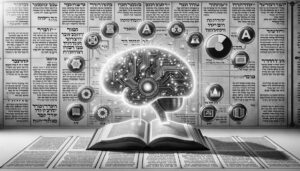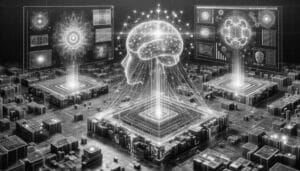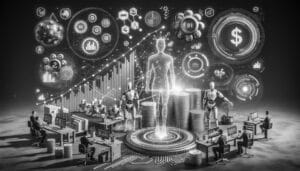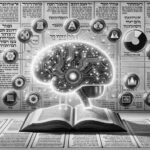New launch prices for a limited time
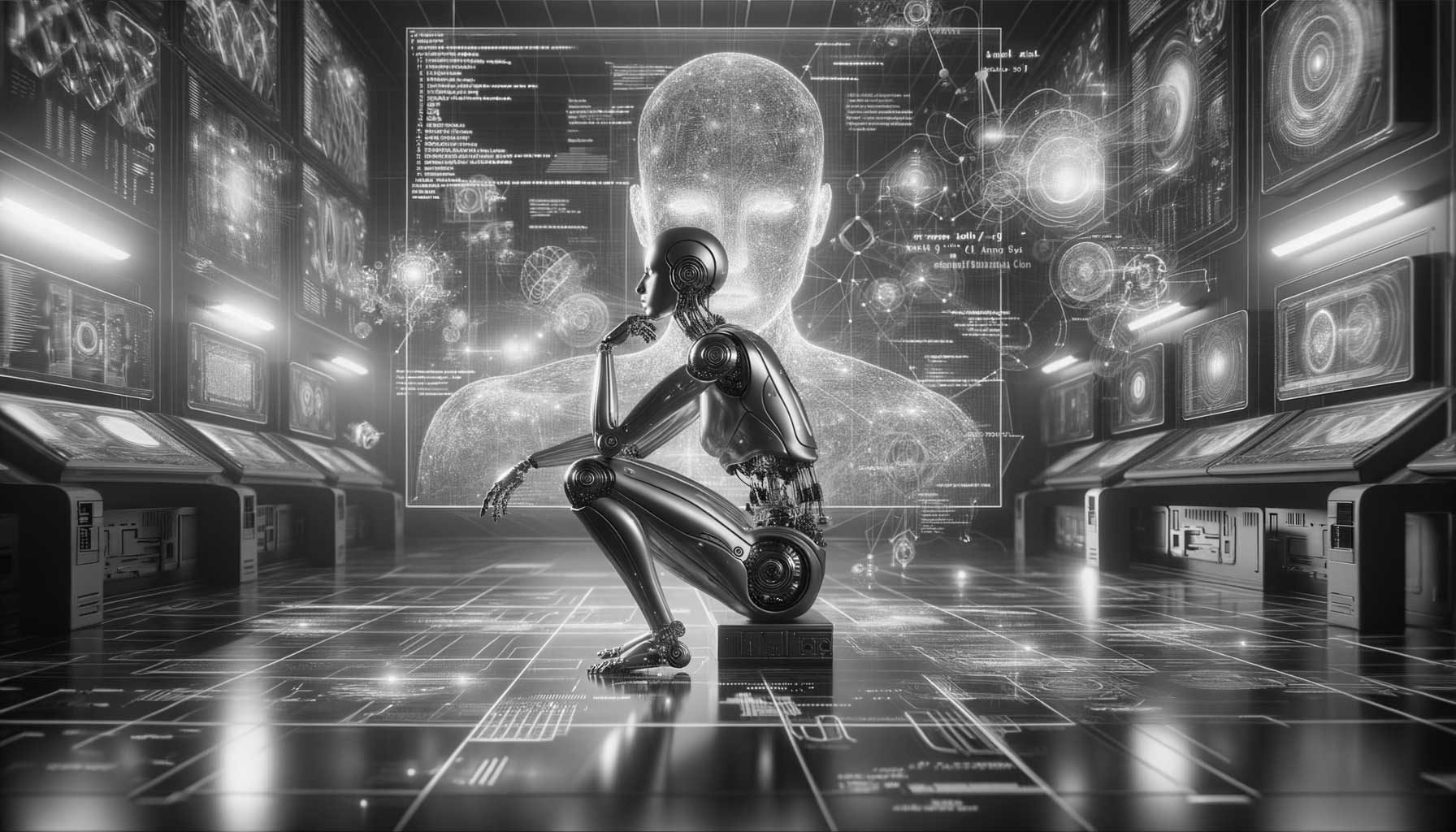
What are the most common applications of artificial intelligence
Explore the field of artificial intelligence
What are the most common applications of artificial intelligence – Artificial intelligence (AI) is no longer an abstract concept confined to the realm of science fiction, it is a dynamic field that is rapidly evolving and shaping our daily lives in ways we may not even realize.
As we delve into this fascinating world, let’s explore some of the most common applications of artificial intelligence. In today’s digital age, AI has found its way into various sectors including healthcare, finance, transportation and entertainment. In healthcare, AI-based tools are used for predictive analytics to identify potential health risks based on personal medical history.
They also help interpret medical images for diagnosis and treatment planning. In the financial field, robo-advisors use artificial intelligence algorithms to provide financial advice and investment management with minimal human intervention.
Transportation has been revolutionized by artificial intelligence with autonomous vehicles that rely on machine learning algorithms to navigate safely. These vehicles use built-in sensors and analytics to understand their environment and make decisions like a human driver.
Meanwhile, in the entertainment industry, recommendation engines powered by artificial intelligence suggest movies or songs based on our previous choices. Artificial intelligence is also reshaping education through personalized learning platforms that adapt to each student’s learning pace.
Artificial intelligence in everyday consumer applications
Artificial intelligence (AI) is no longer just a buzzword or a concept confined to science fiction movies. It permeated our daily lives, making things easier, faster and more efficient. Artificial intelligence in everyday consumer applications has become increasingly common, revolutionizing the way we live and work.
One of the most common applications of artificial intelligence is in virtual personal assistants such as Siri, Alexa and Google Assistant. These AI-powered tools use machine learning algorithms to understand spoken language and provide relevant responses or actions. They can set reminders for us, answer questions about the weather or news, control smart home devices and even recommend music based on our preferences.
Another common application of AI is in online shopping platforms. Artificial intelligence algorithms analyze consumers’ browsing habits and purchase history to suggest products they may be interested in. This not only improves the user experience by providing personalized recommendations, but also increases sales for businesses.
Furthermore, AI plays a significant role in social media platforms where it helps to filter unwanted content or spam messages. It can identify patterns in data to identify fake accounts or malicious activity. In addition to this security aspect, AI also curates content according to the interests and behavior patterns of users on platforms such as Facebook, Instagram, Twitter, etc., thereby improving user engagement.
What are the most common applications of artificial intelligence?
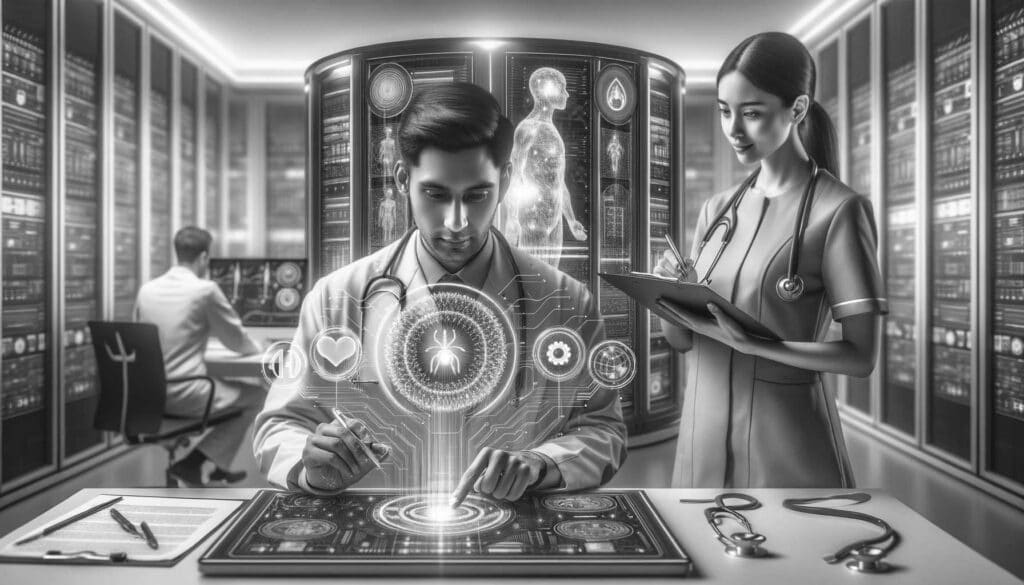
Artificial intelligence in the field of health
Artificial intelligence (AI) is changing the healthcare industry by redefining how doctors, patients and healthcare institutions communicate with each other. Artificial intelligence has the potential to significantly improve patient outcomes while reducing costs, creating a win-win situation for all stakeholders involved.
One of the most common applications of artificial intelligence in healthcare is in diagnostics. Machine learning algorithms are used to analyze complex medical data to identify patterns that humans might miss. For example, AI can analyze radiology images to detect tumors, fractures or other abnormalities with a high degree of accuracy. This not only speeds up diagnosis, but also reduces the likelihood of human error.
Another significant application of AI is in predictive analytics. By analyzing large amounts of patient data, AI can predict disease outbreaks or identify people at risk for certain diseases before they manifest symptoms. This allows for early intervention and treatment which can significantly improve patient outcomes.
AI is also used in drug discovery and development. It takes years and billions of dollars to develop a new drug using traditional methods. However, AI can analyze vast amounts of genetic data to identify potential targets for new drugs much more quickly and cost-effectively. Furthermore, virtual assistants powered by artificial intelligence provide personalized care to patients in their own homes.
The role of artificial intelligence in data analysis and business intelligence
Artificial intelligence (AI) is revolutionizing the way businesses operate, especially in the area of data analysis and business intelligence. In an age where data has become a critical asset for organizations, AI has emerged as a powerful tool to harness the potential of this vast resource. One of the most common applications of artificial intelligence is in predictive analytics.
By using algorithms and machine learning techniques, AI can sift through vast amounts of data to identify patterns and trends. This ability allows businesses to make accurate predictions about future outcomes, such as customer behavior or market movements, enabling them to make proactive decisions that drive growth and profitability. AI also plays a major role in automating complex processes involved in data analysis.
Tasks that would take humans hours to complete can be performed in minutes by AI-powered systems. This not only improves efficiency but also eliminates the risk of human error, thus improving the accuracy and reliability of insights derived from data.
Furthermore, AI is an essential tool in improving decision-making processes through business intelligence tools. These tools leverage artificial intelligence to transform raw data into actionable insights presented through interactive dashboards and reports. Business leaders can use these insights to make informed strategic decisions that align with their organization’s goals.

The impact of artificial intelligence on autonomous vehicles
Artificial intelligence (AI) has changed the rules of the game in several industries, and the automotive sector is no exception. The emergence of artificial intelligence has led to significant progress in the field of autonomous vehicles, making them safer and more efficient.
Autonomous vehicles or self-driving cars are equipped with an abundance of sensors that generate a huge amount of data every moment. Processing this data manually would be almost impossible, this is where artificial intelligence comes into play. The most common applications of artificial intelligence in autonomous vehicles include perception, decision-making and control systems. Perception systems use artificial intelligence to interpret sensor data and create a comprehensive understanding of the vehicle’s environment.
This includes detecting other vehicles, pedestrians, road signs and any potential obstacles. In decision-making systems, AI is used to analyze the perceived environment and make real-time decisions such as when to speed up or slow down, change lanes or take turns. It does this by predicting the actions of other drivers and pedestrians, taking into account traffic laws, road conditions among others.
The control system uses artificial intelligence to make these decisions by controlling the vehicle’s throttle, brakes, steering wheel, etc., ensuring a smooth driving experience while maintaining safety. Furthermore, AI also plays a critical role in predictive maintenance for these vehicles.
Artificial intelligence in production and supply chain
Artificial intelligence (AI) is revolutionizing the manufacturing and supply chain industry, bringing about a paradigm shift in how operations are handled. The integration of AI has not only streamlined processes but also significantly improved efficiency, productivity and accuracy. One of the most common applications of artificial intelligence in manufacturing is predictive maintenance. This involves using machine learning algorithms to analyze data from sensors embedded in machines.
These algorithms can predict when equipment might fail or require maintenance, allowing businesses to address potential problems before they cause costly downtime. This proactive approach saves time and resources while minimizing disruption to production schedules.
Similarly, AI plays a crucial role in quality control. Traditional testing methods can be time consuming and prone to human error. However, with machine learning and computer vision technologies, manufacturers can automate their inspection processes. These AI systems can quickly detect defects or inconsistencies with greater accuracy than humans, leading to improved product quality. In supply chain management, artificial intelligence is widely used for demand forecasting.
By analyzing historical sales data along with external factors such as market trends or seasonal changes, AI can accurately predict future demand patterns. This allows businesses to optimize their inventory levels and prevent overstock or understock situations.
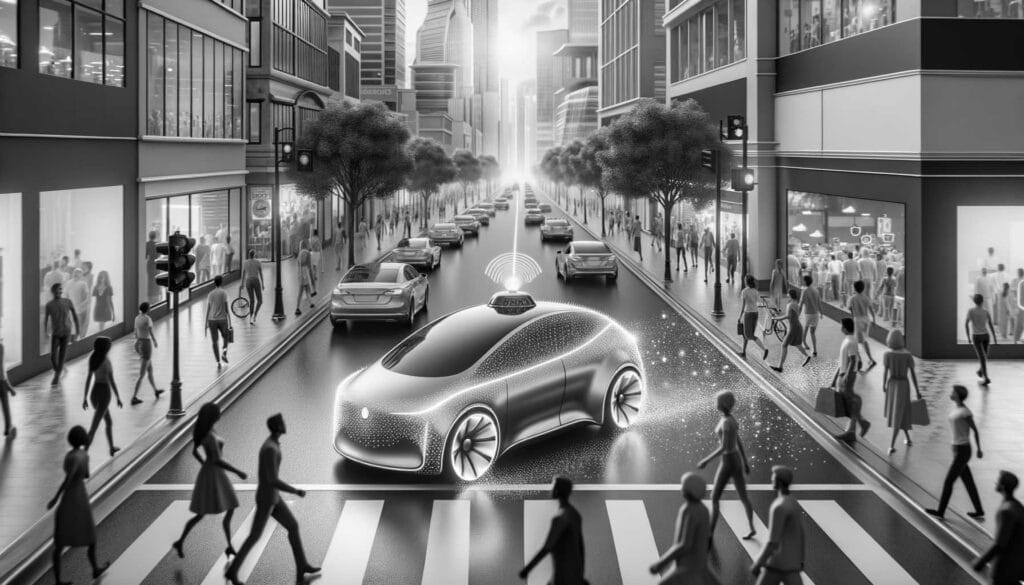
Artificial intelligence: shaping the future
Artificial intelligence (AI) is undoubtedly shaping the future, redefining the way we live, work and communicate. This powerful technology has permeated every industry, from healthcare to finance, education and entertainment, bringing about transformative changes once only imagined in science fiction.
One of the most common applications of AI is in data analysis. With the exponential growth of data generated every day, it is impossible for humans to process and analyze all this information. Artificial intelligence systems can sift through vast amounts of data quickly and efficiently, identifying patterns and trends that human analysts would miss.
This ability allows businesses to make more informed decisions and forecasts, which leads to improved operational efficiency and competitive advantage. Another common use of artificial intelligence is in automation. From autonomous cars to robotic automation of business processes, AI systems can perform repetitive tasks faster and with greater accuracy than humans.
This not only increases productivity, but also frees people to focus on more complex tasks that require creativity and critical thinking. In healthcare, AI is revolutionizing diagnostic and treatment programs.
Machine learning algorithms can analyze medical images or genetic data to detect early signs of diseases such as cancer or Alzheimer’s long before symptoms appear.


